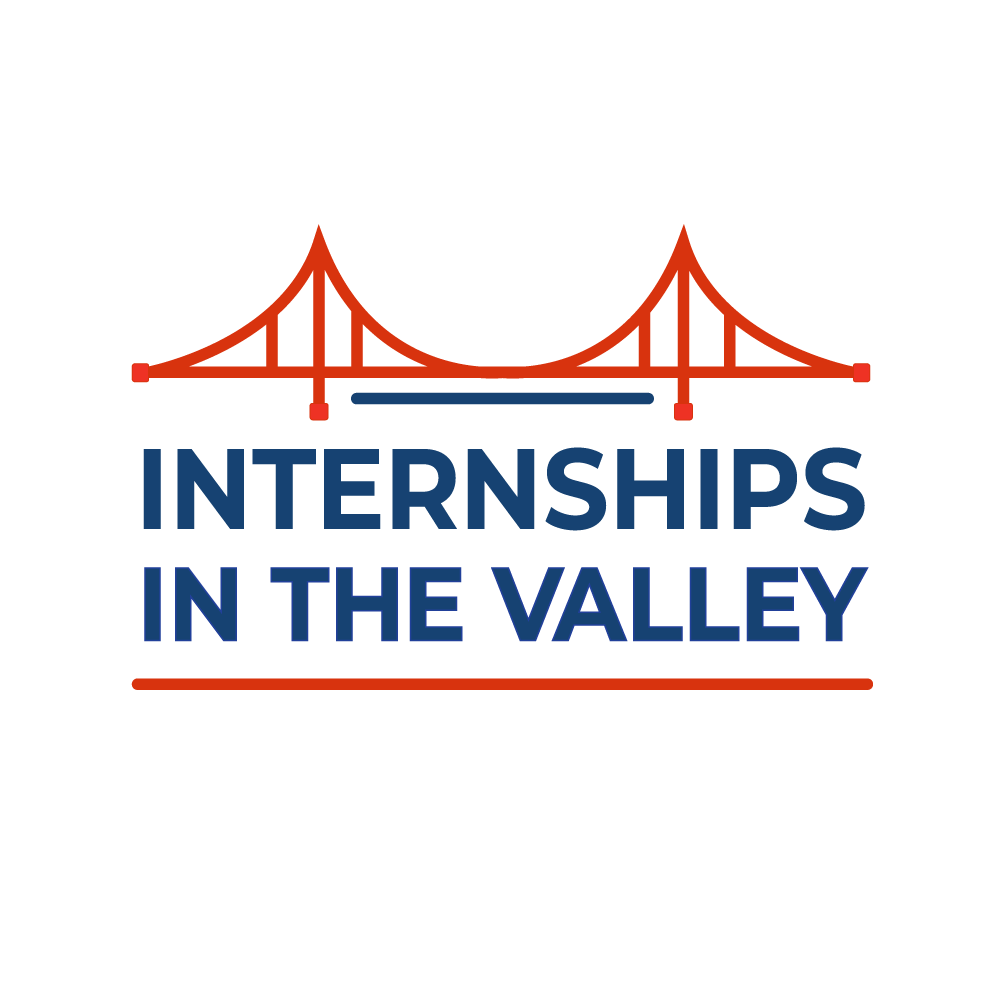Marcela García Jiménez
Tell us a bit about yourself.
“I’m originally from Costa Rica, where I completed my studies in Veterinary Medicine. After gaining four years of experience as a veterinarian in both a hospital and a diagnostic laboratory, I moved to the Netherlands to pursue a master’s degree in Regenerative Medicine and Technology at Utrecht University. Driven by my passion for research, I decided to start a PhD in the Biomedical Engineering Department at TU/e. Along the way, I discovered my love for traveling, CrossFit, gardening, exploring new recipes, hiking, and pet sitting—always with the wonderful company of my husband.”
What was your motivation for applying to Internships in the Valley?
“My primary motivation was to learn from experts in the field of organoids, particularly those working with cancer research, while also experiencing life in the Bay Area. It was a great opportunity to meet new people and gain insights from working in a different lab environment.”
Roose Lab Internship & Living in the Bay Area
How did you land your position at Roose Lab? Can you tell us more about your role or the projects you worked on?
“Roose Lab was one of the participating labs in the program, and I reached out to Jeroen and his team. After an initial meeting, I knew right away that I wanted to join their lab!
My project focuses on developing and testing new treatments for acute leukemia, a cancer of the blood cells that originates in the bone marrow and primarily affects young patients. One of the challenges in studying this cancer is the difficulty of growing blood cells, including leukemia cells, in the lab. Our goal is to develop an innovative method to grow leukemia cells in vitro, which would allow for better understanding of the disease and quicker testing of potential therapies—ultimately improving outcomes for young patients.
What makes this project particularly important is our aim to use human cells from leukemia patients, rather than relying on current models that use mice. This collaboration with Roose Lab enables us to include patient-derived cells, paving the way for personalized treatment options. Additionally, these methods are typically faster, more cost-effective, and more ethical than using animal models for research.”
Are there any stark differences between working in a university lab in the US vs. in the Netherlands?
“Yes, there are some. For instance, in the US, lab supplies and orders can be delivered in one or two days, whereas in the Netherlands, it can take more than 5–7 days.”
What’s it like networking with people from academia in the Bay Area?
“It’s been an incredible experience. UCSF offers many opportunities for networking and connecting with people, and the Dutch Consulate is highly involved, which allowed me to meet individuals not only from academia but also from companies and other institutions.”
Any cool trips or adventures you want to share with us?
“Living in San Francisco has been amazing. I lived in the Inner Sunset neighborhood, close to Golden Gate Park and the Botanical Garden, where you can find great cuisine from all over the world while enjoying a peaceful atmosphere. If you’re visiting San Francisco, I highly recommend exploring the surrounding neighborhoods like The Castro, Haight-Ashbury, and Cole Valley, just to name a few. Skip the more touristy spots, and you’ll be in for a lot of fun, surprises, and fantastic food!”
PhD Project
Please describe your PhD research.
“My project is focused on understanding and testing new medicines to treat acute Leukemia, a cancer of the blood cells that starts in the bone marrow, where our blood cells are made that mostly affects young patients. Unlike some cancers, growing blood cells, including leukemia cells in the lab for study has been difficult. The goal of this research is to develop a new method for growing leukemia cells in vitro, allowing for better understanding of the disease and faster testing of potential therapies, ultimately improving outcomes for young patients.”
How did you manage to incorporate this external internship with your current PhD project? Did you have to pause your PhD at TU/e?
“No, I didn’t have to pause my PhD. We integrated this internship into my existing project, allowing me to complement my research with the experience I gained here.”
What is/was the biggest obstacle you encountered during the PhD process?
“I can resume that with the phrase: Learning to work smart, not just hard. One of the biggest obstacles I encountered was finding the balance between my academic pursuits and maintaining a fulfilling social life. While there are moments when going the extra mile is necessary, it's essential not to make it a consistent practice. As human beings, we thrive when we balance our work, physical well-being, and mental health.”
“Dare to dream, no matter how or when. You’ll get there—just believe in yourself!”

